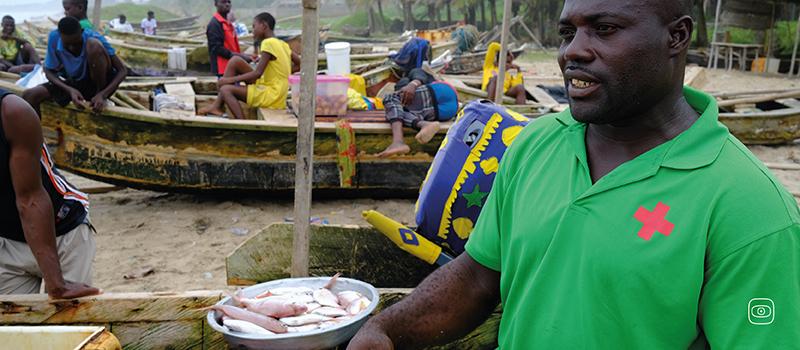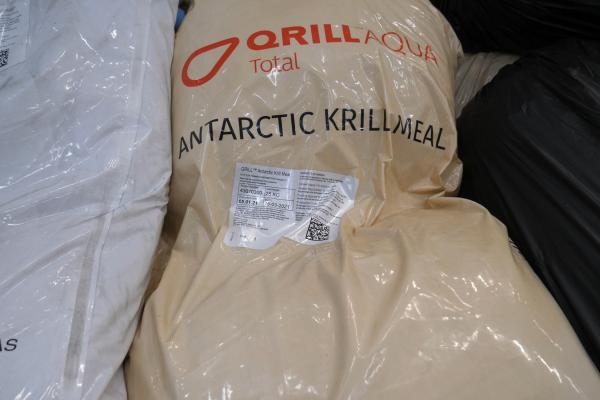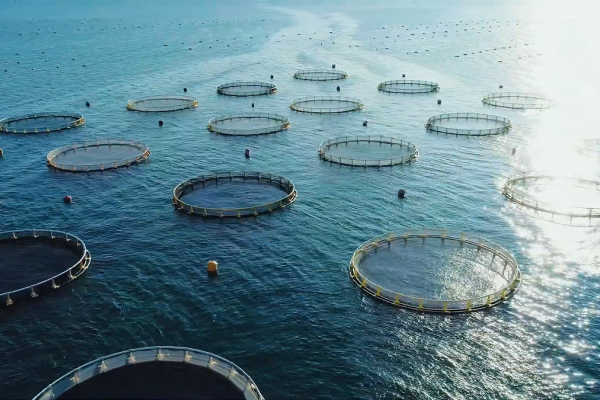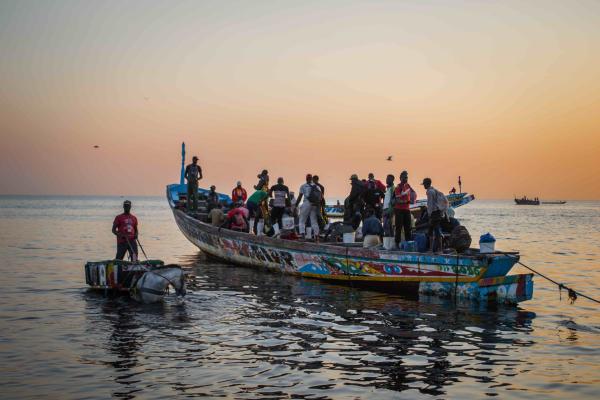The report shows that a staggering €40 million worth of small pelagic fish, originally designated for artisanal fishers in Ghana, found its way to multiple EU countries, including Belgium, France, Poland, Ireland, the Netherlands, and Spain, during 2020 and 2021.
The team's findings expose significant flaws within Ghana's fish certification system, which allows unrestricted exportation of small pelagic fish to Europe, despite its status as an overfished species.
The investigation also showed that over 200 coastal villages in Ghana that rely on fishing as their primary source of income have had their average annual income plummet by up to 40% in the past decade. This exacerbates the severity of the situation and plunges thousands of fishermen and their families into extreme poverty. Furthermore, the dire circumstances force artisanal fishermen to venture farther out to sea, putting their lives at even greater risk, for their daily catches.
The impact extends to climate change, as the small pelagic fish are part of larger ecosystems, which are now also under threat.
Adding to the complexity of the issue, many companies in Ghana possessing export licenses can freely export small pelagic fish to the EU without any restrictions. As a result of these lack of restrictions, the Environmental Justice Foundation describes Europe’s situation as follows: “As a market for seafood caught by the Ghana-flagged trawl fleet, EU consumers are inadvertently supporting illegal practices and severe overfishing in Ghana’s waters.”





